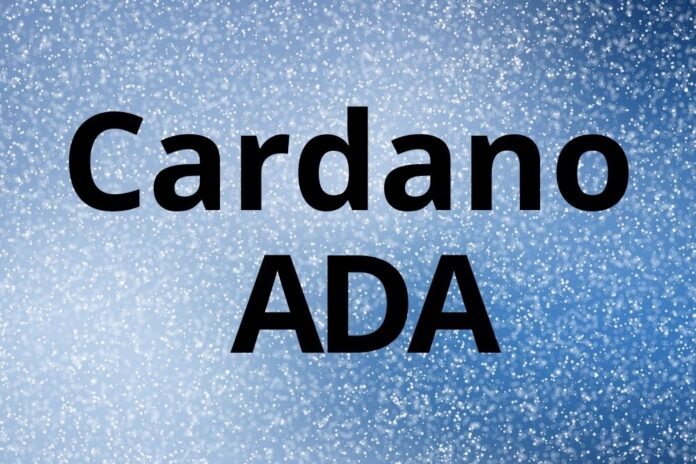Cardano Foundation and a Rwanda-based non-governmental organization (NGO) known as Save the Children in Rwanda have partnered to launch a Cardano (ADA) charity platform.
According to the report, the partnership became a reality after Cardano installed a payment gateway that allows the digital token ADA donations to come directly to the project without the need for third parties.
Read Also: Cardano Foundation Mints World’s First NFTA on Cardano to Celebrate Newly Launched Developer Portal
The report added that once received, the funds will be invested in African-based social enterprises with a proven impart on children, families, or youth.
$30,000 Worth of Cardano (ADA) Already Donated
The report further stated that 22,000 ADA worth relatively $30,000 has already been invested in the initiative within a few hours of its launch.
In a statement, Rwanda’s Save the Children director, Maggie Korde, highlighted how cryptocurrencies and blockchain technology can aid the development of schools and children in the country.
Read Also: Charles Hoskinson: There Are Thousands of Assets and Over $10M of NFTs Have Been Sold On Cardano
Maggie Korde noted:
“Through Cardano, Save the Children in Rwanda now has a starter pot of the cryptocurrency ADA which we can deploy to projects for children. But there are also countless possibilities through blockchain to firstly directly impact children’s lives through initiatives such as digital school records and secondly to increase our efficiency and transparency as an organization.”
Potential of Cardano Blockchain in Rwanda Emphasized Further
Also, a senior advisor at Save the Children, Ettore Rossetti, expressed her satisfaction regarding the partnership, stating that it has brought another exciting new path for the organization. She also discussed the potential of blockchain technology in the country and the rest of the world.
Read Also: Analyst: Ethereum (ETH), Cardano (ADA), Binance Coin (BNB) Have Capability for Bullish Momentum
Rossetti said:
“Beyond cryptocurrency contributions, what if blockchain technology could be used to make supply chains more efficient, transactions more transparent, and end world poverty through decentralized universal basic income as a form of unconditional cash vouchers? That would be a dream worth holding onto.”



